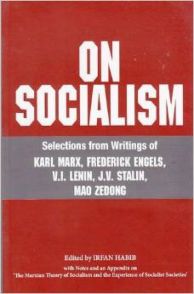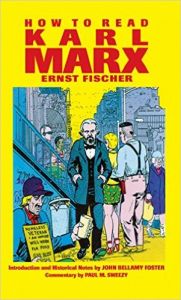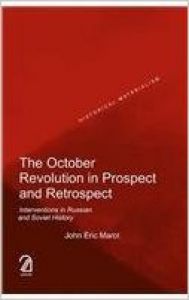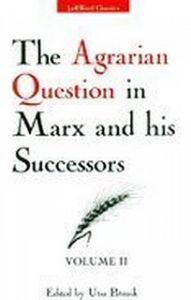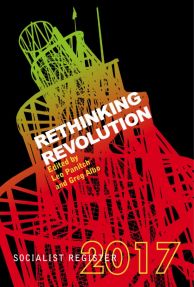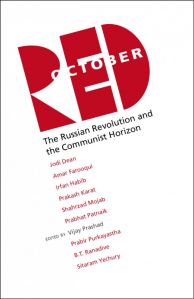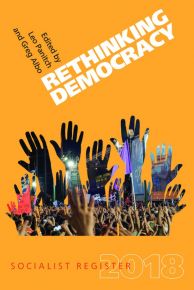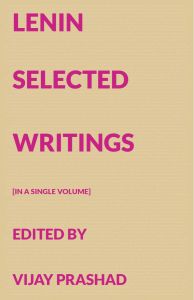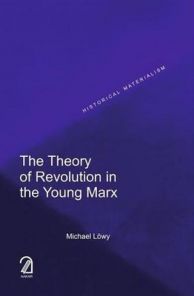Lenin Rediscovered
Lenin's What Is To Be Done? (1902) has long been seen as the founding document of a 'party of a new type'. For some, it provided a model of a 'vanguard party' that was the essence of Bolshevism, for others it manifested Lenin's elitist and manipulatory attitude towards the workers. This substantial new commentary, based on contemporary Russian- and German-language sources, provides hitherto unavailable contextual information that undermines these views and shows how Lenin's argument rests squarely on an optimistic confidence in the workers' revolutionary inclinations and on his admiration of German Social Democracy in particular. Lenin's outlook cannot be understood, Lih claims here, outside the context of international Social Democracy, the disputes within Russian Social Democracy and the institutions of the revolutionary underground. The new translation focuses attention on hard-to-translate key terms. This study raises new and unsettling questions about the legacy of Marx, Bolshevism as a historical force, and the course of Soviet history, but, most of all, it will revolutionise the conventional interpretations of Lenin.

Reviews
A rich and thoroughly researched account of food supply policies in the tumultuous years between the fall of the tsarist regime and Lenin's NEP. By using the success of failure of food supply policies as a barometer of political authority in the face of potential social breakdown, the book also gives us food for thought in understanding the problems of contemporary Russia.
Marcia Weigle, The Soviet and Post-Soviet Review
Lih's discerning and sympathetic analysis enlarges our view of both past and present.
Dorothy Atkinson, American Historical Review

